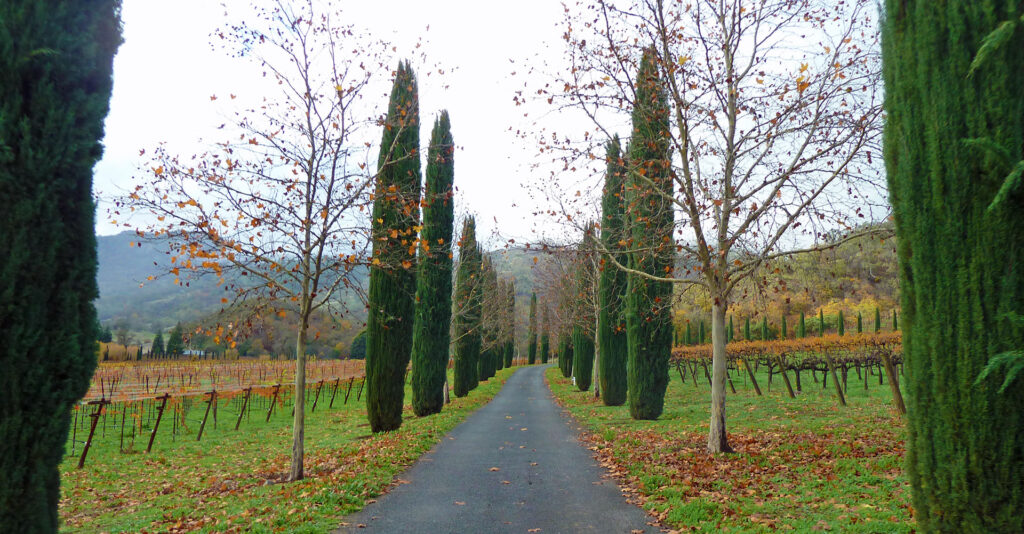Saving Working Lands
working lands are essential
Working lands are essential to Mendocino County. Through conservation easements, Mendocino Land Trust helps make sure that family farms, ranches and small-scale vineyards can continue to operate in a changing world. When possible, we work to make conservation easements financially possible and even beneficial to the landowner. In some cases, MLT is able to secure grants to protect high-value habitat. In others, MLT can help landowners understand the potential tax benefits that may come with a conservation easement. Learn more about what a conservation easement is and how to protect your land here.
We are currently working with landowners to protect agricultural land throughout Mendocino County with funding from the Sustainable Agricultural Lands Conservation Program.

“My family believes that agriculture is part of our local community – and we want to ensure that it stays that way for generations to come.”
-The late Paul Dolan, owner of Dark Horse Ranch in the Ukiah Valley
